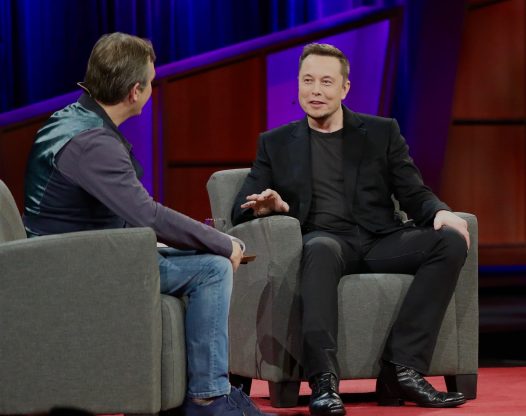
Justin Chassin is a senior computer science and applied math and statistics double major
In a recent interview with CNN’s Connect the World, David Beasley, the director of the UN World Food Programme (WFP), stated that “billionaires need to step up now, on a one-time-basis.”
Because of factors such as climate change and the pandemic, the World Food Programme needs more funding than ever. The WFP estimates that it needs $6.6 billion to avert famine for 44 million people in countries such as Afghanistan, Ethiopia and Madagascar.
Half of the population of Afghanistan — 22.8 million people — face an acute hunger crisis. In the Tigray region of Ethiopia, 5.2 million people urgently need food help and residents have starved to death in every district. Because of severe drought, Madagascar is currently on the verge of the first climate-induced famine. Contributions from the world’s wealthiest would go a long way in addressing these issues.
On Oct. 31, after Elon Musk was name-dropped as one of two billionaires whose contributions could make a difference, a Twitter conversation ensued.
Elon Musk said, “If WFP can describe on this Twitter thread exactly how $6B will solve world hunger, I will sell Tesla stock right now and do it.” In further conversation, Musk requested that Beasley publish the organization’s spending plans in detail. One user stated that further conversation between Musk and Beasley should be public and that a “road map” would lay the groundwork to convince more people to donate.
If WFP can describe on this Twitter thread exactly how $6B will solve world hunger, I will sell Tesla stock right now and do it.
— Elon Musk (@elonmusk) October 31, 2021
Donations would go far to fund the WFP’s emergency food help and security efforts. The WFP airdrops and airlifts over 15 billion food rations a year. As the largest humanitarian organization focused on food security and hunger, it is a frontline for providing emergency services and nutrition to communities in need. The organization also provides crucial research into climate action and the factors contributing to poverty across many countries.
For the WFP to continue carrying out its duties, it needs to keep getting donations. Much of the WFP’s donations still come from private donors. These donations to the WFP can go a long way, especially since less than one percent of billionaire wealth in the world would be enough to eliminate extreme poverty today, and one percent of billionaires’ wealth could address issues of ending global hunger and protecting biodiversity. While donations can’t eliminate the underlying issues causing extreme poverty, they are crucial in addressing current crises.
While billionaires need to keep donating, the WFP’s Twitter technique isn’t productive. If the WFP is to convince more billionaires to donate, it needs to market its specific spending plans better. They should ideally pair these plans with measurable results to show what the money will do.
This is paramount as the costs of addressing world hunger problems continue to climb. Currently, this crucial information is accessible on the organization’s website, but requires potential donors to sift through annual reports and documents.
The WFP needs to re-analyze how to continue convincing billionaires to donate. Solutions should focus on making financial information and donor impact more digestible.
This could include publicized interviews between billionaire investors such as Elon Musk and the WFP. Additionally, financial information on the WFP should be condensed (through infographics, for example) so it is more digestible and accessible.
The WFP needs continued funding from billionaire investors such as Elon Musk. However, as the cost of addressing world hunger increases, the WFP must do a better job of communicating specific spending plans to convince donors. Solutions should focus on making financial information more digestible.


















